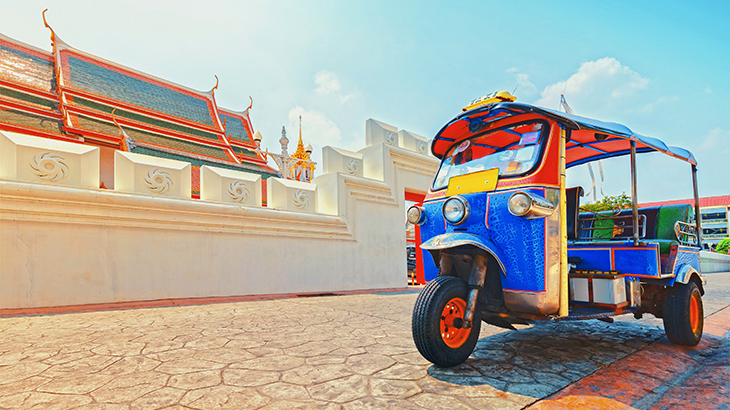Egg Donation and Surrogacy for Foreigners in Thailand
INACTIVE
Eggspecting was a very prominent agency that sent foreign donors, from America, Europe, and South Africa to India from 2013-2015 and the only American agency to do so.
Egg donation and surrogacy have become popular options for couples experiencing infertility around the world. In Thailand, these services have been available to foreigners for several years due to the country’s affordable prices and relatively permissive laws surrounding assisted reproduction.
The history of egg donation and surrogacy in Thailand can be traced back to the early 2000s, when a number of fertility clinics began offering these services to foreigners. Thailand’s low cost of living, combined with the quality of its healthcare system, made it an attractive destination for couples seeking infertility treatments.
By the mid-2000s, Thailand had become a major destination for commercial surrogacy, with clinics catering to foreign couples seeking affordable and accessible options for starting a family. The country’s surrogacy industry was estimated to be worth around $4.3 billion by 2014, with thousands of babies being born to surrogate mothers each year.
However, the surrogacy industry in Thailand came under scrutiny in 2014 after an Australian couple left behind a surrogate baby with Down Syndrome. The case brought attention to the exploitation of surrogates and the lack of legal protections for them in Thailand.
In response, the Thai government passed a law banning commercial surrogacy for foreign couples in 2015. The law prohibited couples from paying women to carry a baby for them, effectively ending the surrogacy industry in Thailand for foreign couples and moving to Cambodia next as the next popular country for surrogacy for foreigners.
While commercial surrogacy was banned, egg donation remained legal in Thailand. Many couples continued to seek out egg donation services in the country, with several reputable clinics remaining open. Egg Donation in Thailand is still legal for Thailand donors and Thai citizens but not for foreign Intended Parent(s) or foreign Egg Donors (although some agencies still send foreign donors to Thailand they are not doing it legally; it’s an under the table thing usually presenting the Egg Donor as someone freezing their own eggs for personal use later instead of being honest and disclosing they are an egg donor for someone else. Falsifying documents is illegal in every country in the world. In 2017 an Australian nurse, Tammy Charles, who lived in Bangkok but was doing Surrogacy in Cambodia, was arrested in Cambodia and spent 18 months in a Cambodian prison for falsifying documents.
In 2019, Thailand introduced a new law that allowed for altruistic surrogacy, whereby a woman could carry a child for another person or couple without receiving payment. The law also introduced regulations for surrogacy clinics and guidelines for surrogates’ rights and protections.
The new law provided hope for couples seeking surrogacy services in Thailand. However, the law only allowed for altruistic surrogacy, which meant that surrogates could not receive payment for carrying a baby. This made it difficult for many couples to find a surrogate in the country.
In conclusion, the history of egg donation and surrogacy for foreigners in Thailand has been a complex and ever-changing one. While the country was once a major destination for commercial surrogacy, the government’s ban on the practice in 2015 led to a decline in the industry. The introduction of a new law in 2019 allowed for altruistic surrogacy, but this option comes with its own set of challenges. Despite the challenges, egg donation remains a viable option for couples seeking infertility solutions in Thailand.
